Back to The Discus.com Learning Center
Back to The Discus.com Learning Center
This article is for the Newbie to discus keeping. And just perhaps a few things can be of use to those not so new to the hobby.
If you want to keep discus, you had better spend time and effort learning all you can before you buy your first fish. There are several right ways to get started and hundreds of wrong ways that would make your introduction either enjoyable or a living hell.
Before you even consider picking out that first wonderful discus at your local aquarium store, just turn around and walk over to the book section. That’s where you will find the books you should buy and read before adding that beautiful fish to your collection. The more you can learn before you start, the more enjoyable will be the result. Who knows, you might even become an expert later on!
Recently at one club meeting the speaker told those present that the best investment they could make in their hobby was a supply of books. I totally agree with that.
Discus fish are a special type of fish, anyone who tells you that is not so, just plain don’t know what they are talking about or have learned just enough about them to be stupid in passing on that information. Discus are demanding in both, food and water conditions, they also are special in that they present more problems in your effort to keep them parasite and disease free.
While all general aquarium principles apply when keeping them, some must be applied far more rigidly then with other fish.
Now none of the above presents impossible problems to the NEWBIE. But it is far better to be prepared than to be uninformed and make costly mistakes.
Discus fish come from a native habitat that contains soft acidic water. To keep them in good health, you should provide them with that requirement above all.
They are classified as cichlids, and their are many different kinds of cichlids each with their own water and food requirements so what applies to one species does not always meet the requirements of the others.
One thing will become very clear once you obtain your fish, and start your discus adventure. Frequent and massive water changes are required much more often than with most aquarium fishes. While a bare bottom tank is not essential it sure makes it easier keeping the water and tank clean and clear of uneaten food or fish waste.
WARNING. Under-gravel filters are a big NO NO. They are nothing more then filth collectors. They take the waste out of sight, but not out of the system. They are not good for fish or plant life.
The ideal setup for a discus tank would be a bare container, with fresh acidic water that is very soft flowing through it 24 hours per day. ( Dream on ).
Since that is not likely to be the case the next best would be a bare container of at least 2 ½ gallons of water per inch of fish, with a couple of sponge rubber filters and a canister filter with activated carbon in it. That is maintained at 6.8 ph., set at 82 to 84 degrees F.
And remember each tank arrangement must be cycled to develop the biological filter to good working conditions before adding fish. ( more about this later.)
Regarding tank size, while young discus fish are small, remember they grow fast and become quite large. So if your tank is to small they will not be happy and it will stunt their growth. I recommend the largest tank you can afford or place.
Breeding tanks later on can be down sized to even twenty gallons per pair. Now lets pretend we have a nice large tank ( maybe ) fifty five gallon show tank, and it’s biological filter is working as required. How many fish can you keep? Well it depends on their size. Up to twenty young fish say to 3 inches in size, or 6 or 8 fully adult discus.
I know the next question? Can I keep Angel fish with my discus, the answer is yes but it is not advisable for two reasons. One, angel fish are pigs when it comes to eating they will hog the best food and since the discus are shy slow picky bottom feeders they may not get enough food. Second, angelfish can carry diseases that have little effect on themselves but prove deadly to discus. If you must have other fish in their tanks make it tetras, small catfish, or other non-aggressive fish.
The next item is proper food. Discus will eat almost anything if they are trained to do so. But they should have a mixed plate to select from. Meat like ground beefheart is good if not over done. Flake or pellet food. Brine shrimp. White worms, but NEVER LIVE WORMS, EITHER BLACK OR TUBIFEX TYPES. These are worms that can bring in diseases and tapeworms to your fish.
Discus have short guts, and it is better to feed small amounts more often than one large meal once a day. All uneaten food should be removed after one hour or so, this helps keep the disease and rotten waste factor down. Remember these fish demand clean water at all times to remain healthy.
Well I hope I have given you good guide lines if your adding discus and not frightened you away from the most beautiful of all the aquarium fishes. Join us discus nuts but please make it a pleasure for your self, not a disappointment.

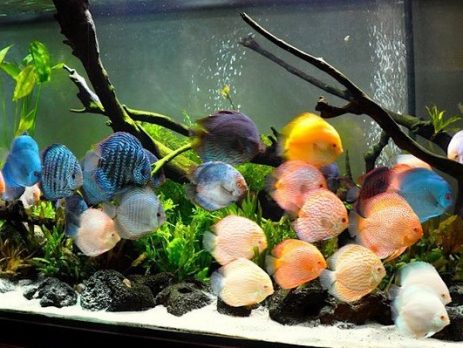
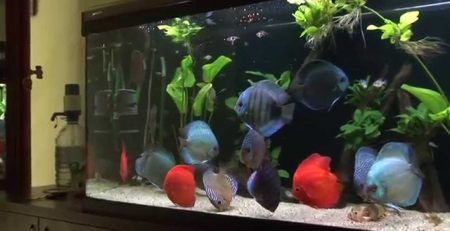
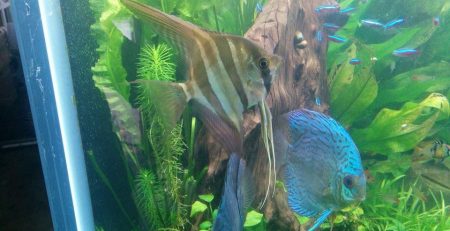
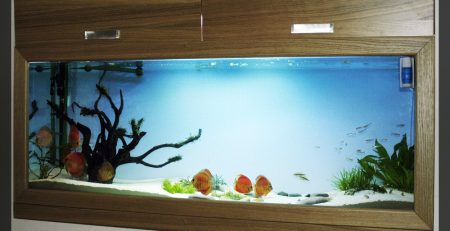
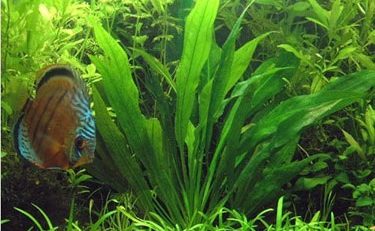
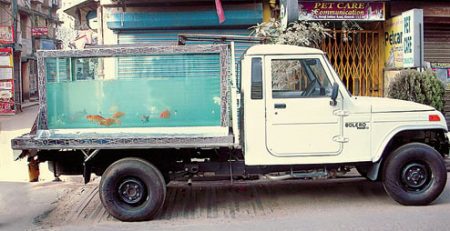
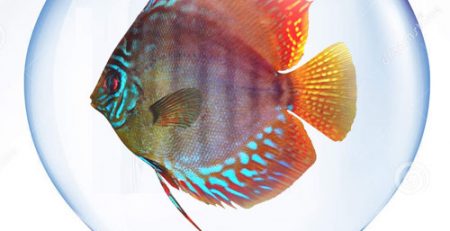
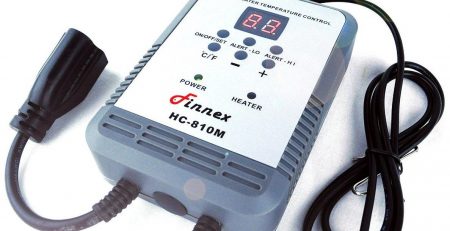
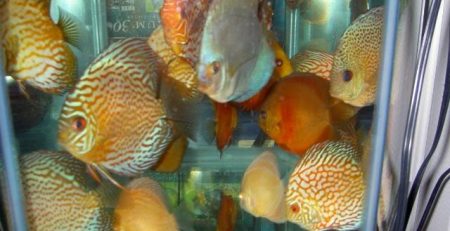
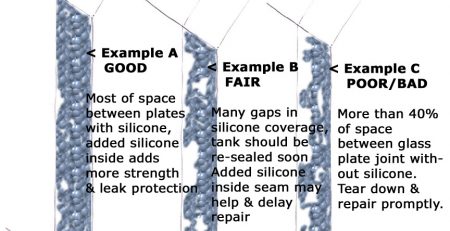
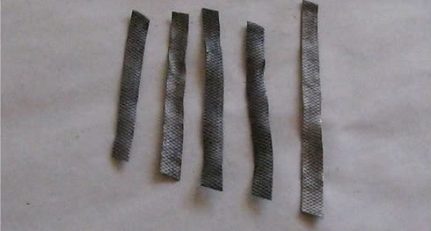
Leave a Reply
You must be logged in to post a comment.